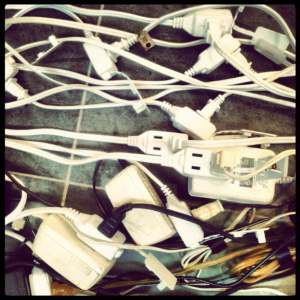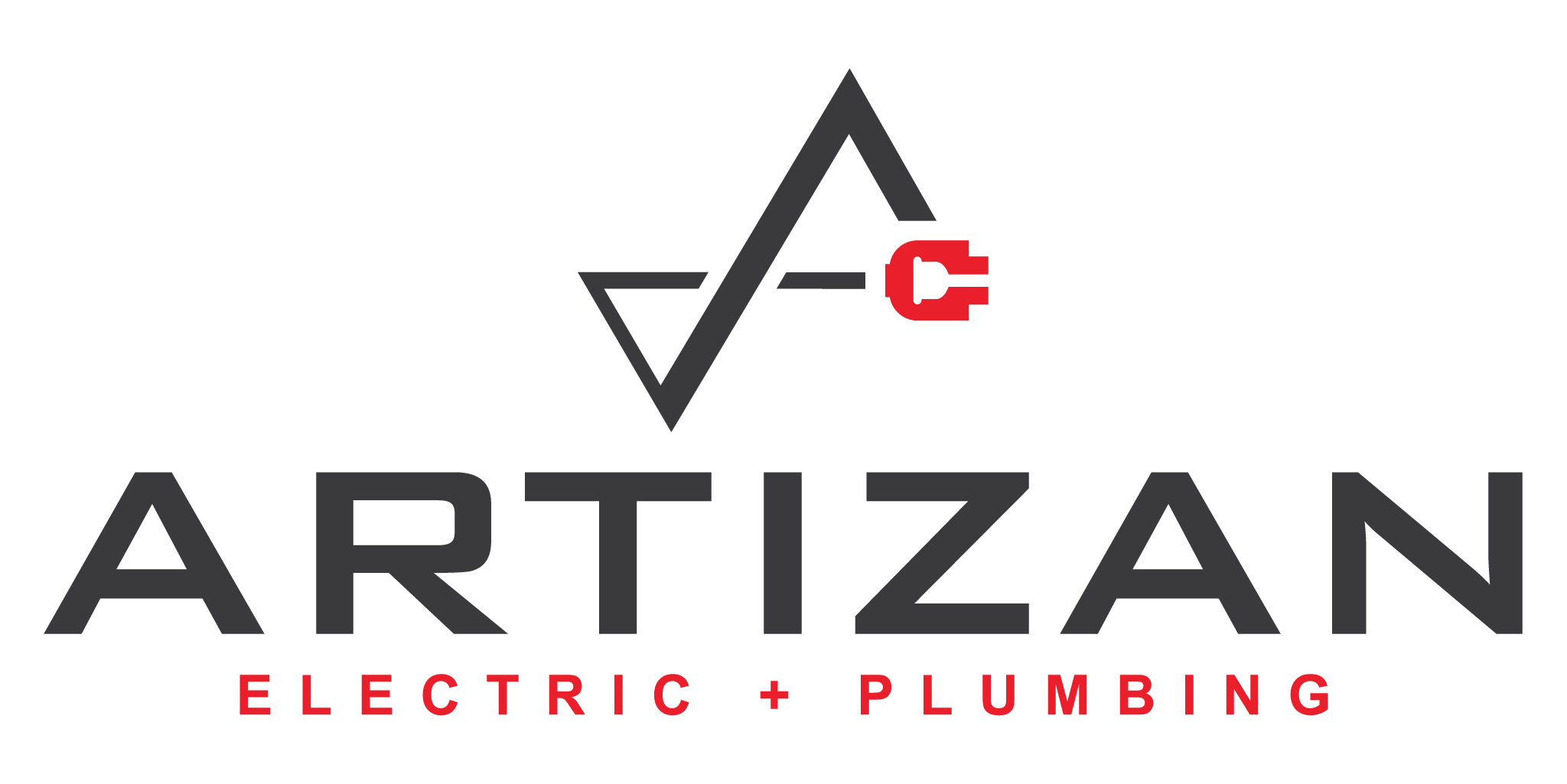
If you aren’t lucky enough to have power outlets anywhere you need them inside your home; then chances are you might be using extension cords.
An extension cord is a convenient way to bring power to your devices. The average homeowner only looks at the extension cord as a quick fix.
But using them without caution can pose fire hazards and risks to you and your family and also to your expensive gadgets.
The U.S. Consumer Product Safety Commission (CPSC), identified that the extension cords are among the riskiest electrical devices at home that most people overlook.
Extension cords may kill around 50 people in a year in the U.S alone. It may also lead to more than 3,000 residential fires.
With that said, here are five tips that you need to know about extension cord safety at your home.
Tip Number 1
Choose the right extension cord.
When buying extension cords for households, most homeowners never think of the right one for their purpose.
If your purpose is for outdoor use, then choose extension cords marked for outdoor use. Read the instructions carefully and so that you’ll find more about the cord. Like, the amount of power it extracts and the proper usage of the cord.
If you want to connect the extension cord with heavy-duty equipment, buy the rated one to handle the devices’ output. A cord’s gauge signals its size. If smaller the gauge, the larger wire. That means more electricity it can safely manage.
Tip Number 2
How to safely use an extension cord.
You should consider storing cords indoors. If the outdoor moisture or snow gets trapped inside, it may potentially pose electrical and fire hazards.
Most extension cords come with a grounding pin. It’s not a good idea to remove the grounding pin to fit into a two-prong output. And never push a cord into an outlet if it doesn’t fit.
Stop powering several devices with one extension cord. And avoid plugging multiple cords together.
Do not cover the cord under the rug or furniture. If the heat cannot escape, it may result in a fire hazard.
Keep extension cords away from high-traffic areas and especially children. Unplug the cords when not in use.
Tip Number 3
Use extension cords with GFCI protection.
Only choose extension cords with GFCI protection. GFCI means Ground Fault Circuit Interrupter, and it will detach electricity if there is a possibility for a dangerous situation. They have sensors that monitor the flow of electricity.
Not all extension cords come with an in-built GFCI. In that case, you can connect the regular cord to a GFCI outlet or GFCI protected circuit.
If your home doesn’t have a GFCI circuit or outlet by any chance, then the only option is to go with an extension cord that has one.
Tip Number 4
Don’t ever use a damaged extension cord.
Whenever you notice that your extension cord is damaged, don’t try to fix it with duct tape. Discard the cord immediately and go for a new one. Damaged, cracked, frayed sockets, loose or bare wires can be fixed to some extent and will continue to work as well. But touching the exposed portion can result in electric shock or burn.
Damaged extension cords can impact the life of your expensive equipment and can threaten your life too.
Extension cords can easily get damaged by dropping tools or materials on them. Or in a high-traffic area where the cord gets kinked or walked over. After the use, store them in a safe place.
Tip Number 5
Don’t go beyond 100 feet in length.
Use the extension cord for a maximum of 100 feet in length.
Let’s say if you’re in an outdoor project and need an extension for more than 100 feet. In that case, it’s better to install a temporary power distribution box. Don’t plug an extension cord with another.
If you connect two extension cords, then it diminishes their current capacity in half. That results in voltage decline and overheating.
If there comes a situation where you need an extension over 100 feet, then we recommend you to purchase cords made with 12-gauge wire. They can handle any of your power tools without any issues, even over 100 feet long.
Final thoughts
Extension cords can be handy. They help you to bring power to places where there aren’t outlets. But when choosing one for your home or work, do your research. Buy a cord that fits your need. Or talk with expert electricians before making a purchase.
At Artizan Electric, we give our customers expert advice and choose the perfect electric equipment for their needs.
If you live near Pullman Washington or Whitman County, contact us, and we’ll be happy to assist you.
We’re also available 24 hours for emergency services.
Contact us on (509) 339-9991
